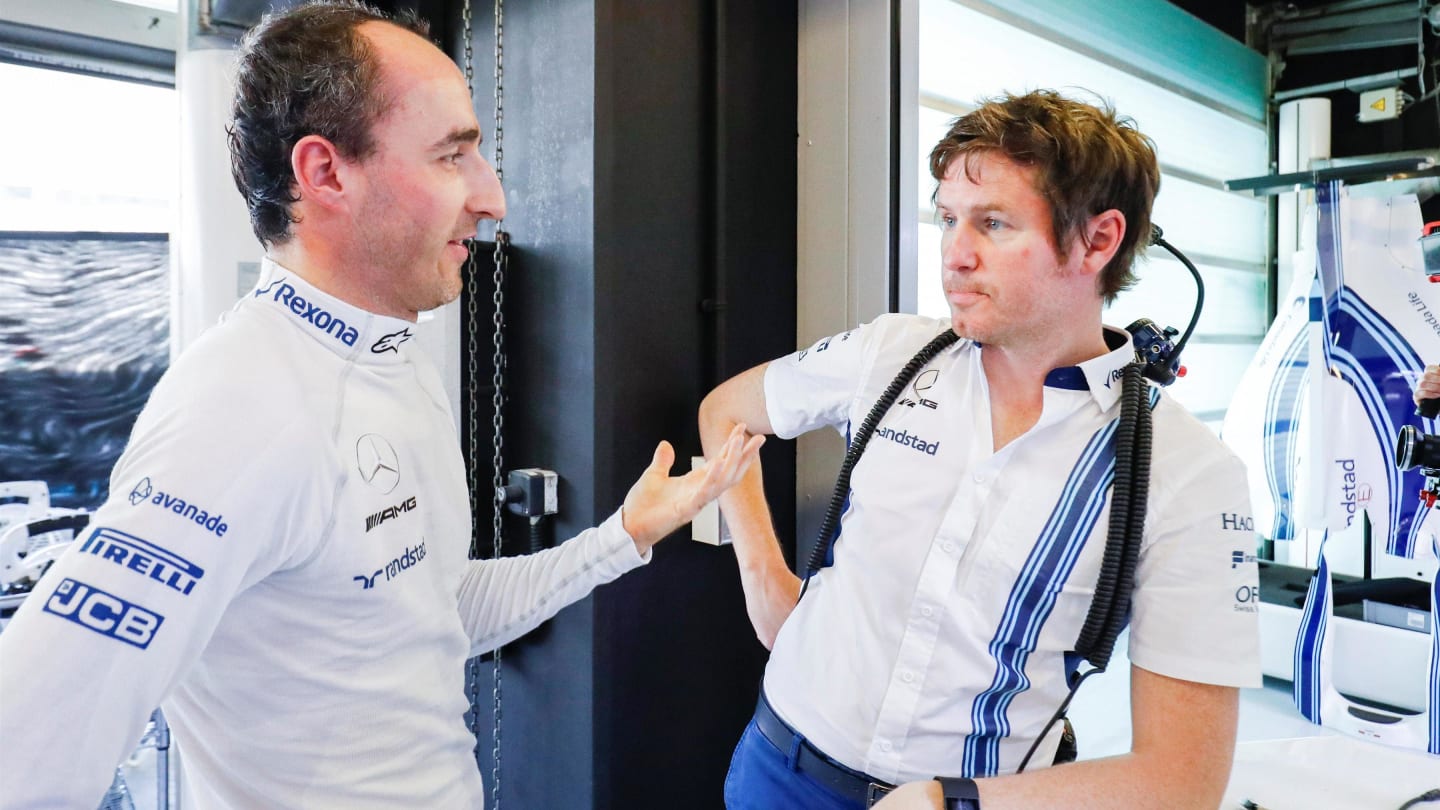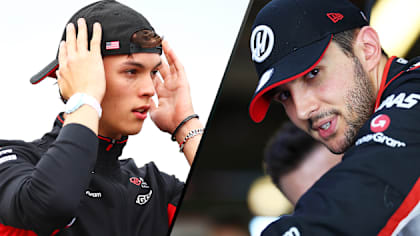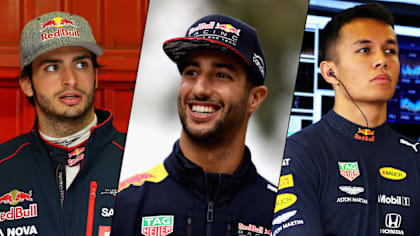
Technical
Testing explained: Rob Smedley on what happens when your car is slow
Share

Turning up to Barcelona with a car that’s slow is not a good feeling. But it’s also not the end of the world.
In truth, you never really know where you are in Barcelona. You get a broad idea, of course, and everybody obsesses about who’s quick and who’s not, and people spend an inordinate amount of man hours trying to understand the pecking order. Personally, I always think that it’s interesting to spend a little bit of time, a little bit of your engineering resource into trying to understand that. But really, you’re going to get a good idea in two weeks’ time in Australia anyway.
Testing explained: Rob Smedley on what happens when it all goes wrong
So why would you bother to spend that resource in trying to understand if you’re quick or not? It really goes back to correlation – which I talk more about here. Are you correlating around Barcelona to the gains you expected to make from the data you gathered in your simulations, and if you are, then does that put you more or less where you expected to pop out? And if there’s a huge anomaly, it’s trying to understand it.
So it’s really just question of seeing how much work you’ve got in front of you and whether or not you need to divert some of the attention from your test programme into understanding why your car’s not quick. Or you might say, well, I think I’m more or less in the right ballpark, I’ll know for sure in two weeks’ time in Melbourne, so I’ll just carry on going through my due diligence on the new car – and ignore the stopwatch.
YOU MIGHT ALSO LIKE
News New Haas team mates Bearman and Ocon set for F1 test runs this week as 2025 preparations ramp up
News All the 2025 reserve drivers for every F1 team
News Alpine confirm Williams super-sub Colapinto as reserve driver for 2025 season
Feature IN NUMBERS: How Verstappen’s team mates fared against him with Lawson the latest to step up
.png)



